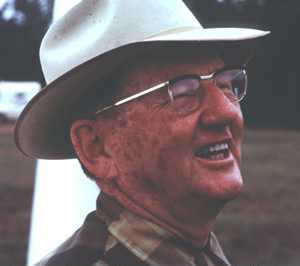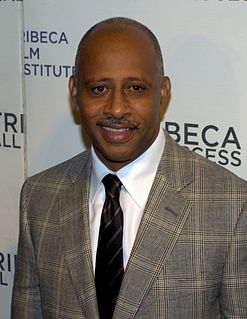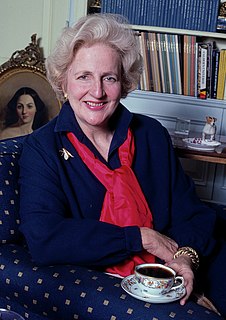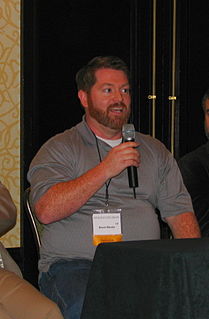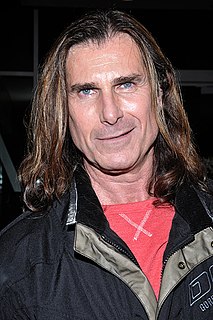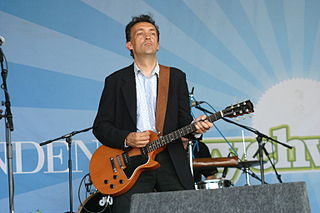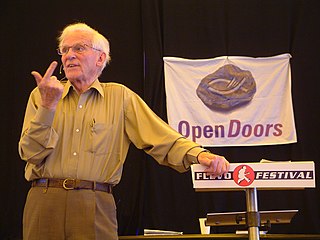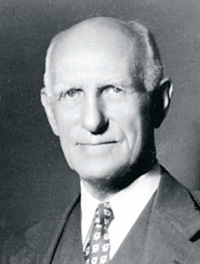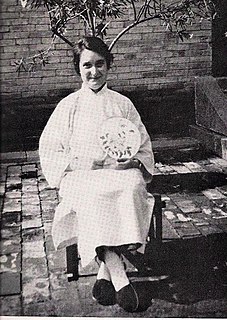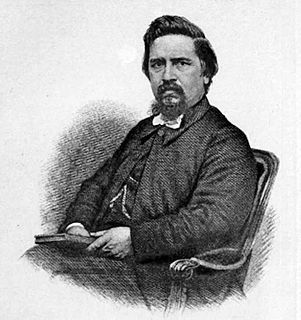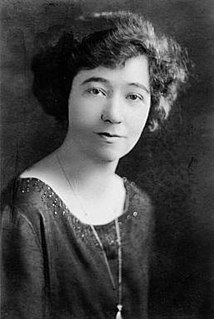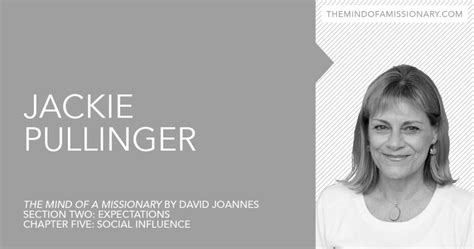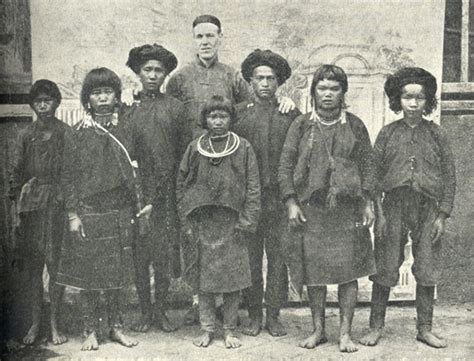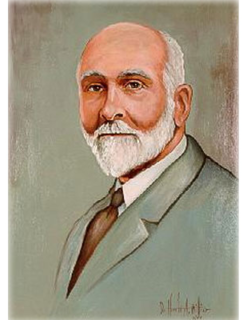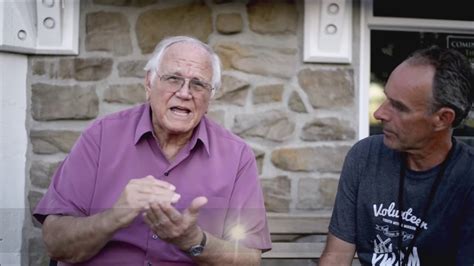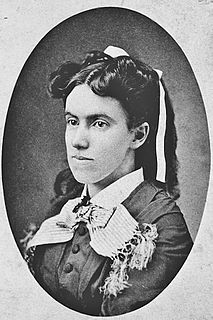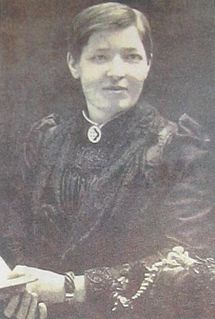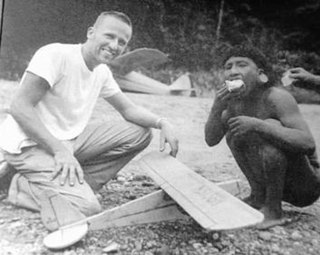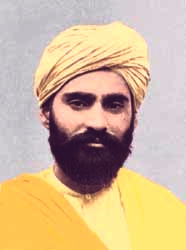A Quote by William Cameron Townsend
Understanding Scripture in a language other than the heart language in which we think and experience emotion is "like trying to eat soup with a fork. You can get a little taste, but you cannot get nourished.
Related Quotes
I'm chasing a kind of language that can be unburdened by people's expectations. I think music is the primary model-how close can you get this language to be like music and communicate feeling at the base level in the same way a composition with no words communicates meaning? It might be impossible. Language is always burdened by thought. I'm just trying to get it so it can be like feeling.
A language possesses utility only insofar as it can construct conventional boundaries. A language of no boundaries is no language at all, and thus the mystic who tries to speak logically and formally of unity consciousness is doomed to sound very paradoxical or contradictory. The problem is that the structure of any language cannot grasp the nature of unity consciousness, any more than a fork could grasp the ocean.
I'm an infant with Shakespeare; I'm kind of learning how to walk. I am trying to decipher the code, you know? I do my research. And I get a clear understanding of what the language is. It is a tremendous process I have to go through as I am sure all actors do, finding the gems hidden in his language.
Kids today and for the last 20 years have held the fork and knife in unbelievable ways. They hold the fork with a fist and the knife like a saw and they shovel it in. It doesn't matter to them which way they hold their knife and fork. They eat every which way. I'm amazed they get food into their mouths at all.
So much of what I am doing in my fiction is just trying to get into interesting places in terms of language or form, places that don't bore me. And this happens via hundreds of quick micro-decisions that are done "to taste," so to speak. So the experience is one of groping toward that interesting place - trying to leap away from anything that seems boring, or about which I don't have strong opinions. Essentially trying to avoid that moment where, devoid of any strong feeling, I start conceptualizing.
One way to think about what psychedelics are is as catalysts for language development. They literally force the evolution of language. You cannot evolve faster than your language because the language defines the culture of meaning. So if there's a way to accelerate the evolution of language then this is real consciousness expansion and it's a permanent thing. The great legacies of the 60's are in attitudes and language. It boils down to doing your own thing, feeling the vibe, ego-trip, blowing your mind.
UG [universal grammar] may be regarded as a characterization of the genetically determined language faculty. One may think of thisfaculty as a 'language acquisition device,' an innate component of the human mind that yields a particular language through interaction with present experience, a device that converts experience into a system of knowledge attained: knowledge of one or another language.
Language changes. If it does not change, like Latin it dies. But we need to be aware that as our language changes, so does our theology change, particularly if we are trying to manipulate language for a specific purpose. That is what is happening with our attempts at inclusive language, which thus far have been inconclusive and unsuccessful.
